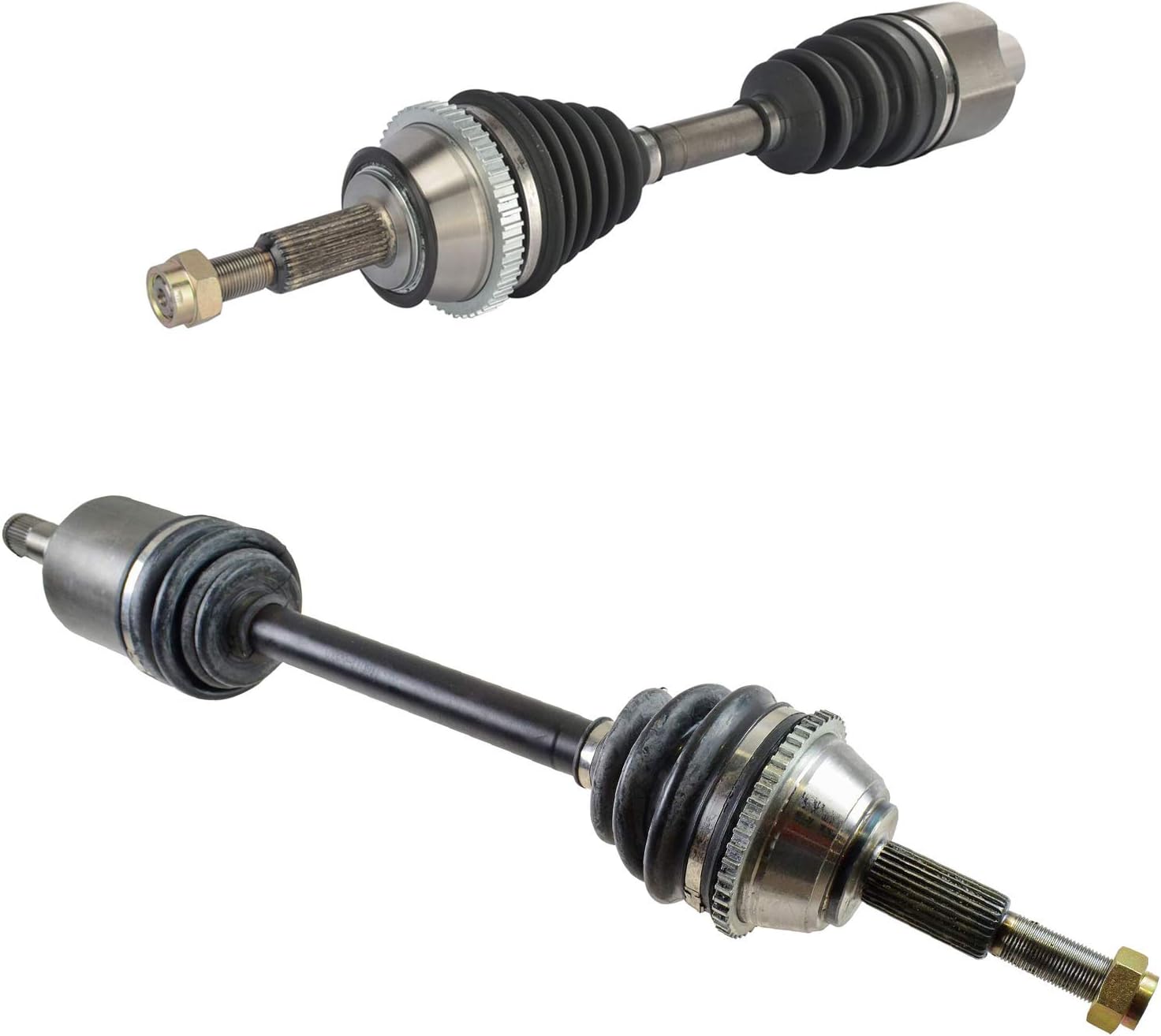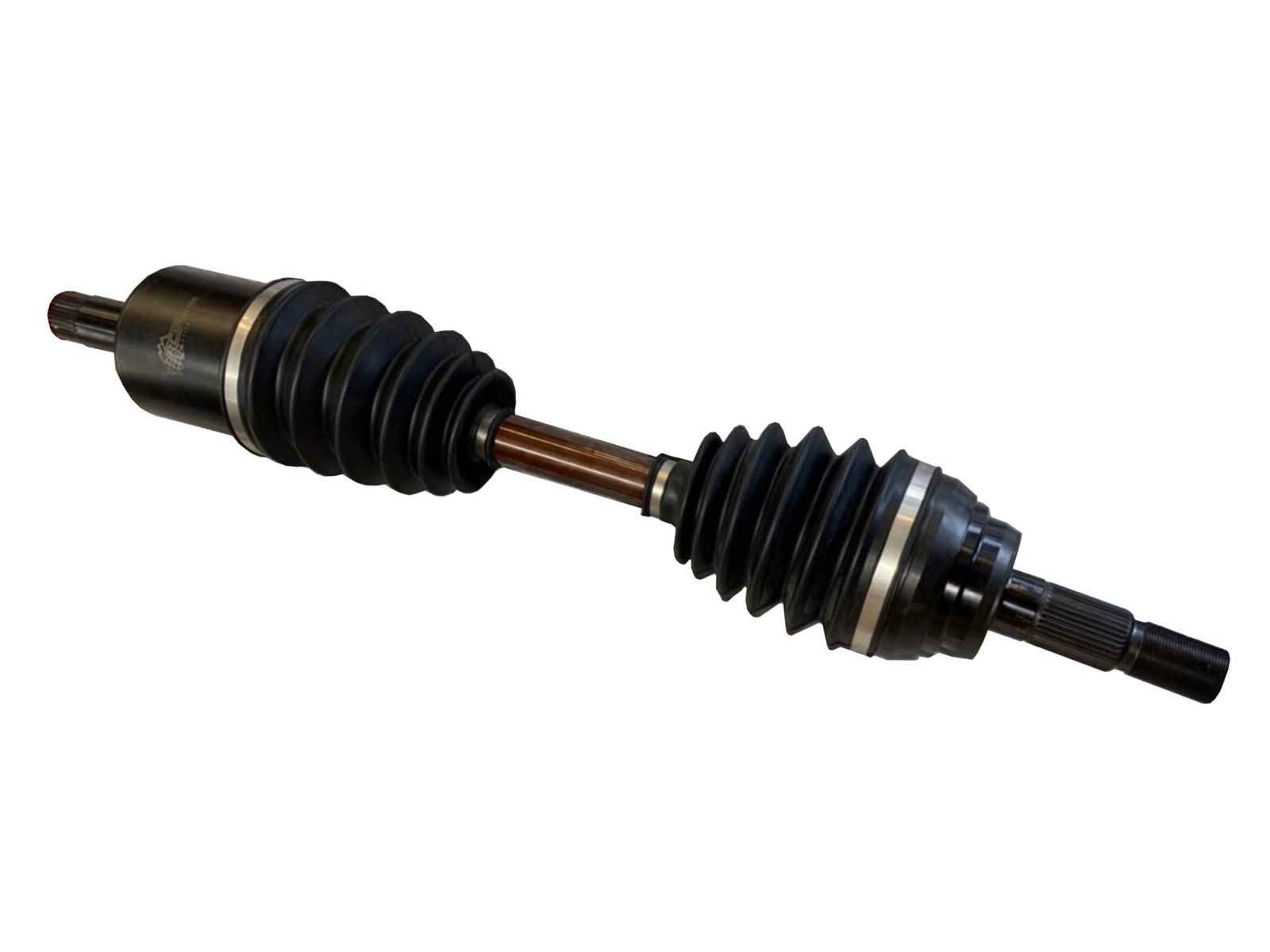Product Description
Specs:
| 2000lbs Axle | 3500lbs Axle |
| 5200lbs Axle | 6000lbs Axle |
| 7000lbs Axle | 8000lbs Axle |
| 9000lbs Axle | 10000lbs Axle |
| 12Klbs Axle | 15Klbs Axle |
| Drop Axle | RV Axle and Sprung Axle |
/* January 22, 2571 19:08:37 */!function(){function s(e,r){var a,o={};try{e&&e.split(“,”).forEach(function(e,t){e&&(a=e.match(/(.*?):(.*)$/))&&1
| After-sales Service: | One Year |
|---|---|
| Condition: | New |
| Axle Number: | 2 |
| Application: | Trailer |
| Certification: | ISO |
| Material: | Steel |
| Samples: |
US$ 610/Piece
1 Piece(Min.Order) | |
|---|
| Customization: |
Available
| Customized Request |
|---|

Are there guidelines for choosing the right axle for towing heavy loads?
When it comes to towing heavy loads, selecting the appropriate axle is crucial for ensuring safe and efficient towing performance. While the specific guidelines may vary depending on the vehicle and towing requirements, there are general considerations to keep in mind when choosing the right axle. Here’s a detailed explanation of the guidelines for selecting the right axle for towing heavy loads:
Gross Axle Weight Rating (GAWR):
One of the primary factors to consider is the Gross Axle Weight Rating (GAWR) provided by the vehicle manufacturer. The GAWR specifies the maximum weight that an axle is designed to support safely. It is essential to ensure that the selected axle’s GAWR is sufficient to handle the anticipated weight of the loaded trailer and any additional cargo or passengers in the towing vehicle. Exceeding the GAWR can lead to axle failure, compromised handling, and safety risks.
Towing Capacity:
Check the towing capacity of your vehicle, which represents the maximum weight that the vehicle is rated to tow. The axle’s capacity should align with the towing capacity to ensure safe and efficient towing. Consider the type and size of the trailer you intend to tow, including its loaded weight, tongue weight, and any weight distribution considerations. The axle should be capable of handling the anticipated load without exceeding its capacity.
Matching Axle and Suspension:
The axle and suspension system work together to support the weight of the vehicle and the trailer being towed. It is important to ensure that the axle and suspension are properly matched to provide adequate support and stability. Consider the type of suspension (leaf springs, coil springs, air suspension) and the axle’s design (solid axle, independent suspension) to ensure compatibility and optimal towing performance.
Braking System:
When towing heavy loads, the braking system plays a critical role in maintaining control and safety. Ensure that the axle is equipped with appropriate brakes that can handle the increased load. Consider the type of brakes, such as electric brakes or hydraulic brakes, and their capacity to provide sufficient stopping power for the combined weight of the towing vehicle and trailer.
Weight Distribution:
Proper weight distribution is essential for safe towing. The axle should be selected based on the anticipated weight distribution between the towing vehicle and the trailer. Consider factors like tongue weight and the use of weight distribution hitches or sway control devices to ensure balanced weight distribution and optimal handling characteristics.
Consult Manufacturer Recommendations:
Always refer to the vehicle manufacturer’s recommendations, specifications, and guidelines when selecting an axle for towing heavy loads. The manufacturer’s guidelines will provide accurate and vehicle-specific information to help you make the right choice. Consult the owner’s manual or contact the manufacturer directly for any specific towing-related recommendations.
It’s important to note that towing requirements and axle specifications can vary depending on the vehicle make and model, as well as regional regulations. It is advisable to consult with automotive experts, such as mechanics or dealerships, who have expertise in towing and can provide specific recommendations based on your vehicle and towing needs.

Can you recommend axle manufacturers known for durability and reliability?
When it comes to choosing axle manufacturers known for durability and reliability, there are several reputable companies in the automotive industry. While individual experiences and preferences may vary, the following axle manufacturers have a track record of producing high-quality products:
1. Dana Holding Corporation: Dana is a well-known manufacturer of axles, drivetrain components, and sealing solutions. They supply axles to various automotive manufacturers and have a reputation for producing durable and reliable products. Dana axles are commonly found in trucks, SUVs, and off-road vehicles.
2. AAM (American Axle & Manufacturing): AAM is a leading manufacturer of driveline and drivetrain components, including axles. They supply axles to both OEMs (Original Equipment Manufacturers) and the aftermarket. AAM axles are known for their durability and are often found in trucks, SUVs, and performance vehicles.
3. GKN Automotive: GKN Automotive is a global supplier of driveline systems, including axles. They have a strong reputation for producing high-quality and reliable axles for a wide range of vehicles. GKN Automotive supplies axles to various automakers and is recognized for their technological advancements in the field.
4. Meritor: Meritor is a manufacturer of axles, brakes, and other drivetrain components for commercial vehicles. They are known for their robust and reliable axle products that cater to heavy-duty applications in the commercial trucking industry.
5. Spicer (Dana Spicer): Spicer, a division of Dana Holding Corporation, specializes in manufacturing drivetrain components, including axles. Spicer axles are widely used in off-road vehicles, trucks, and SUVs. They are known for their durability and ability to withstand demanding off-road conditions.
6. Timken: Timken is a trusted manufacturer of bearings, seals, and other mechanical power transmission products. While they are primarily known for their bearings, they also produce high-quality axle components used in various applications, including automotive axles.
It’s important to note that the availability of specific axle manufacturers may vary depending on the region and the specific vehicle make and model. Additionally, different vehicles may come equipped with axles from different manufacturers as per the OEM’s selection and sourcing decisions.
When considering axle replacements or upgrades, it is advisable to consult with automotive experts, including mechanics or dealerships familiar with your vehicle, to ensure compatibility and make informed decisions based on your specific needs and requirements.

Are there aftermarket axles available for upgrading performance in off-road vehicles?
Yes, there are aftermarket axles available for upgrading performance in off-road vehicles. Off-road enthusiasts often seek aftermarket axle options to enhance the durability, strength, and performance of their vehicles in rugged and demanding terrains. Here’s some information about aftermarket axles for off-road applications:
1. Upgraded Axle Materials:
Aftermarket axles are typically made from high-strength materials such as chromoly steel or forged alloys. These materials offer superior strength and durability compared to stock axles, making them better suited for off-road use where extreme loads, impacts, and torsional forces are encountered.
2. Increased Axle Shaft Diameter:
Some aftermarket axles feature larger diameter shafts compared to stock axles. This increased diameter helps improve the axle’s load-carrying capacity and resistance to bending or torsion. It can also enhance the overall durability and reliability of the axle in off-road conditions.
3. Upgraded Axle Splines:
Axles with upgraded splines are designed to handle higher torque loads. Aftermarket axles may feature larger and stronger splines, providing increased power transfer capabilities and reducing the risk of spline failure, which can occur in extreme off-road situations.
4. Locking Differentials:
Some aftermarket axle options include integrated locking differentials. Locking differentials improve off-road traction by mechanically locking both wheels on an axle together, ensuring that power is distributed evenly to both wheels. This feature can be advantageous in challenging off-road conditions where maximum traction is required.
5. Lifted Vehicle Compatibility:
Aftermarket axles are often designed to accommodate lifted vehicles. Lift kits that raise the suspension height can impact the axle’s operating angles. Aftermarket axles may offer increased articulation or modified geometry to maintain proper alignment and reduce the risk of binding or premature wear.
When considering aftermarket axles for off-road vehicles, it’s essential to choose options that are compatible with your specific vehicle make, model, and suspension setup. Working with reputable manufacturers, consulting with experienced off-road enthusiasts, or seeking advice from professional mechanics can help you select the most suitable aftermarket axle upgrades for your off-road needs.
Lastly, it’s important to keep in mind that upgrading axles alone may not be sufficient for maximizing off-road performance. Other components such as suspension, tires, differential gears, and drivetrain systems should be considered as part of a comprehensive off-road build to ensure optimal performance, reliability, and safety.


editor by CX 2024-03-26